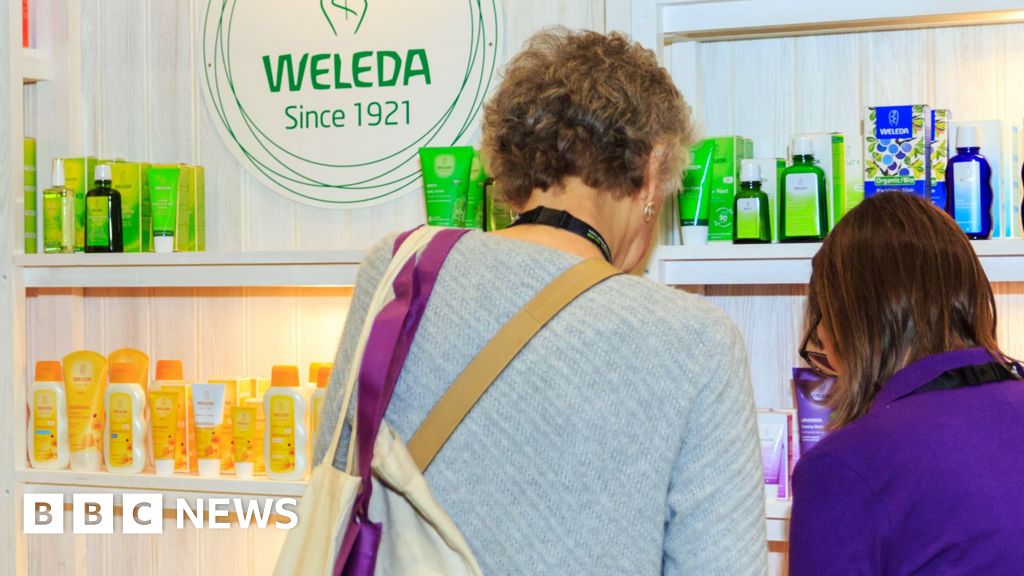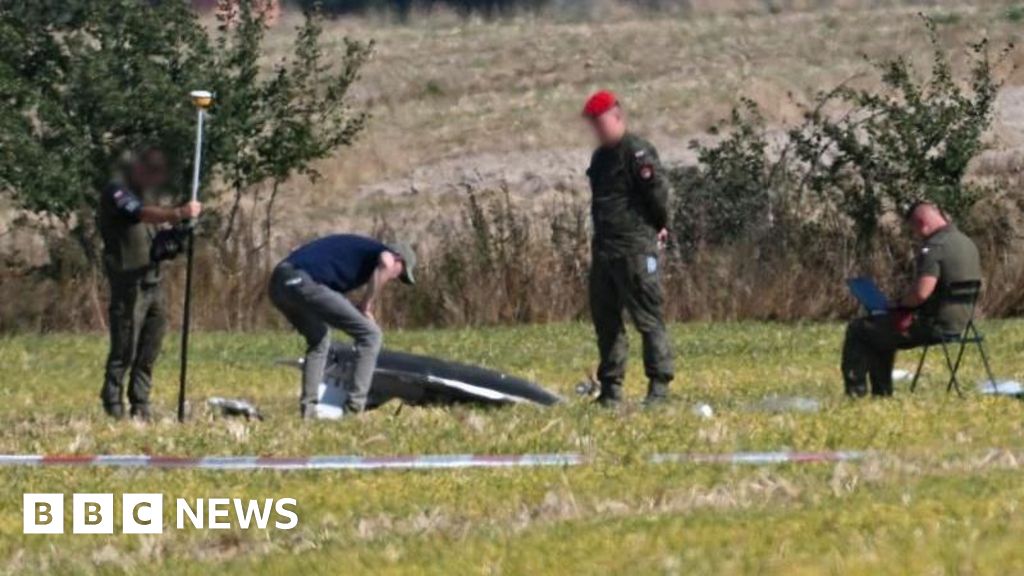Weleda, the natural cosmetics company, has launched a study into its links to a Nazi concentration camp following claims an anti-freeze cream it produced was tested on prisoners.
A report by historian Anne Sudrow alleges that the Swiss company ordered raw materials from a garden in the Dachau camp. It also made a cream to protect against hypothermia which an SS doctor allegedly used in human experiments.
Weleda said a separate report in 2023 found no evidence Dr Sigmund Rascher tested the cream on prisoners kept in freezing conditions for hours.
The firm said it condemned the Nazi regime’s “atrocities” and acknowledged the new findings “may not have been fully explored in previous research”.
Dachau, near Munich, was the first concentration camp set up by the Nazis in 1933.
It is thought about 200,000 people have been imprisoned there and more than 40,000 died there before its liberation in 1945. Some of those deaths have been attributed to medical experiments.
In her book, commissioned by the Dachau Concentration Camp Memorial Site, Ms Sudrow outlines the relationship between Weleda and the SS – the Nazi Party’s elite force founded by Adolf Hitler.
The claims include Weleda being linked to experiments on up to 300 concentration camp prisoners between August 1942 and May 1943, according to German news magazine Der Spiegel.
Weleda’s cream was intended to be used for treating hypothermia in German soldiers and Dr Rascher wanted to know whether the product could delay the medical condition in freezing temperatures.
During his tests up to 90 prisoners died when they were forced into ice baths, Der Spiegel reported.
The 104-year-old company, which is known for its Skin Food range of skincare products, said it was committed to “transparently researching our history”.
It expects the results of its new investigation, conducted by German body Society for Corporate History (GuG), to be published in early 2027.
Tina Müller, chief executive of Weleda, said: “We condemn the atrocities of National Socialism in the strongest possible terms.
“Fascism, anti-Semitism, racism, or right-wing extremist ideology have no place with us. ‘Never again’ expresses our stance. That’s why we are committed to a complete reappraisal of our history.”
The company said it had given historians “full access to the company archives” to carry out its 2023 study into the company’s history.
The same was also provided to Ms Sudrow for her work, including access to “administrative board minutes from the Nazi era”, Weleda added.
Weleda admitted the GuG’s previous report, which was commissioned by the skincare brand and published last year, was “not yet designed to examine all detailed aspects”.
The document outlined that Weleda requested plants from the Dachau camp garden – where prisoners worked – but were never delivered.
It also stated Dr Rascher ordered 20kg of Weleda’s anti-freeze cream as part of his “cold experiments” but there was no evidence the company was informed it was used on concentration camp prisoners for those purposes.



Comment ×